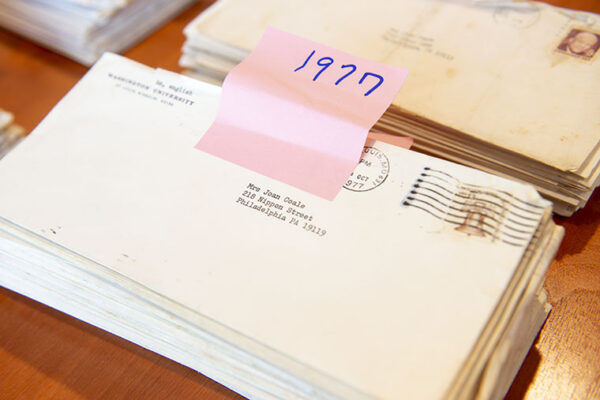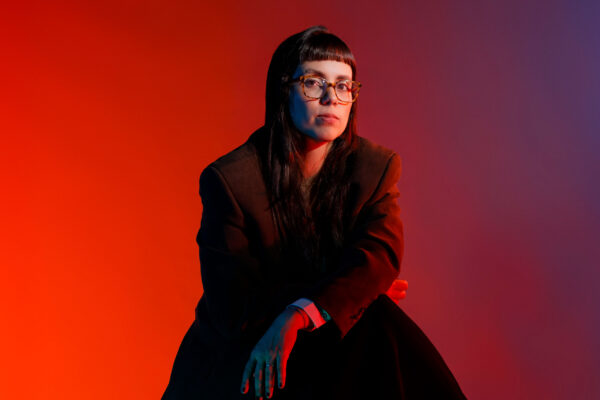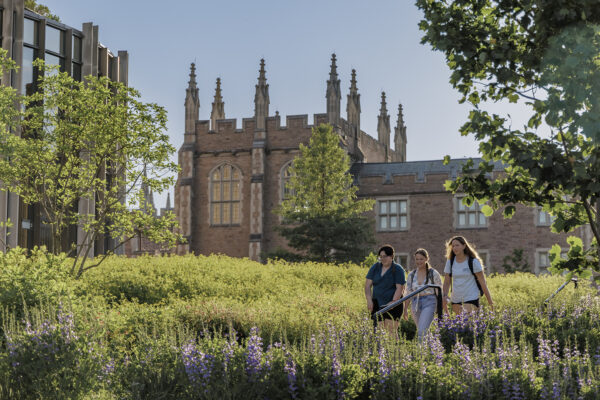St. Louis is known nationally for its excellent (and free) art. Here, staff, faculty, students and alumni of Washington University in St. Louis share their favorite places to view visual art around the region during the summer.
St. Louis Virtuoso Collective
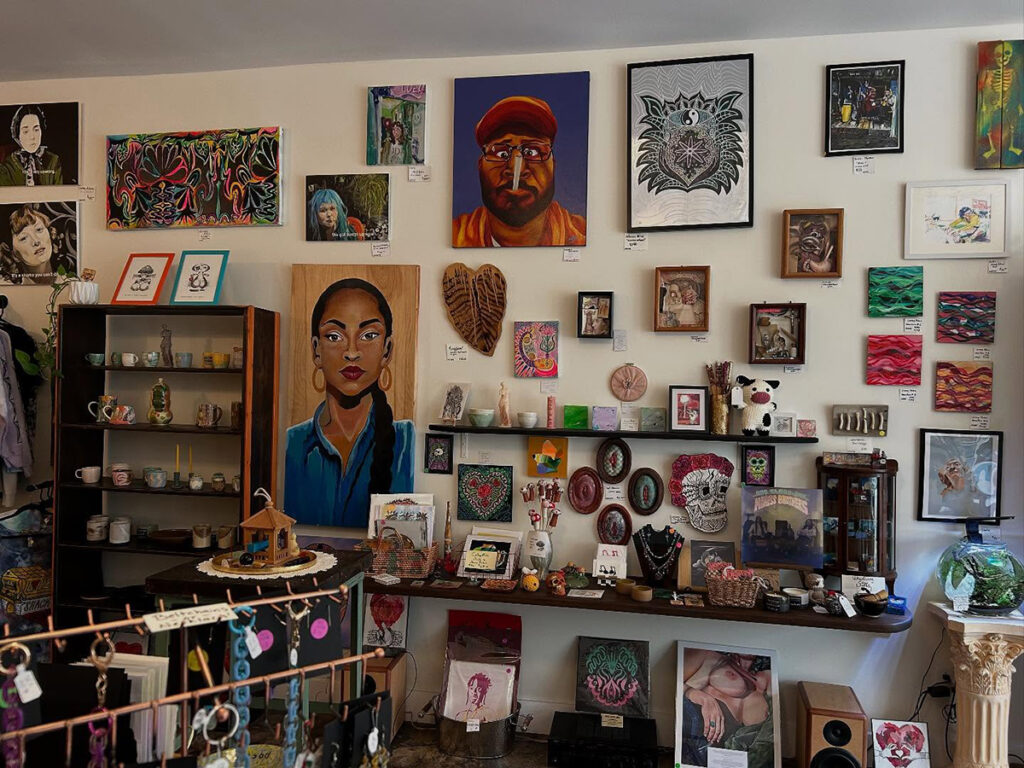
“Cherokee Street is my favorite place to go for art. Specifically, I love going to St. Louis Virtuoso Collective, an artist gallery that I’m a part of, because it’s essentially a co-op of over 50 St. Louis artists. When you go into the space, you’re not just seeing one person’s work, you’re seeing the work of a community in St. Louis who is interested in the arts and sharing that with everybody else. There is so much to ogle at — that’s the best way I can describe it — because it’s such a wide range of artists. Most of the art is super affordable; you’re not going to break the bank over it.”
— Sydney Tran, a rising senior majoring in psychological and brain sciences in Arts & Sciences and in communication design at the Sam Fox School of Design & Visual Arts
St. Louis Virtuoso Collective, 2616 Cherokee St. Admission: free
Contemporary Art Museum St. Louis
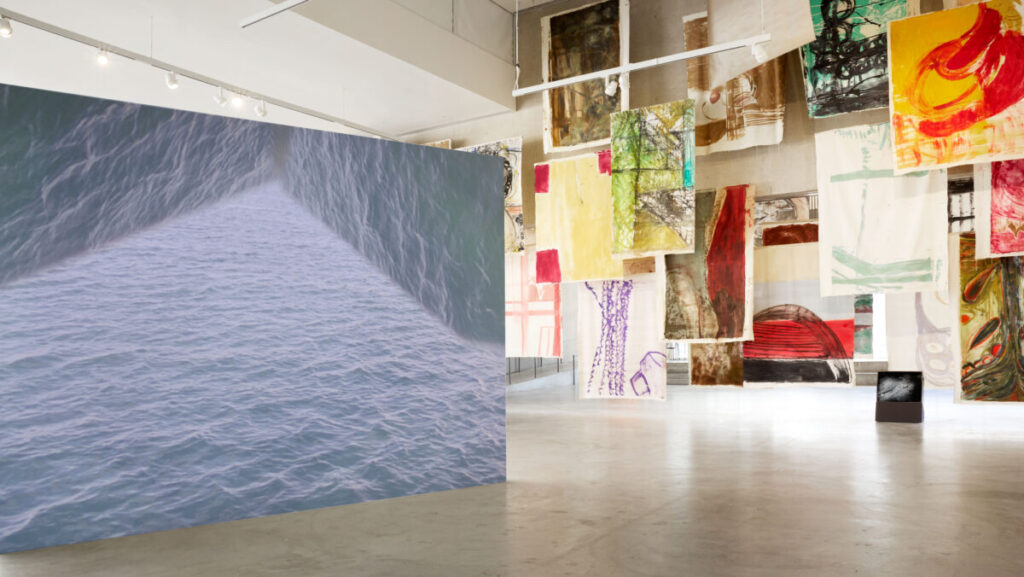
“My favorite exhibit right now is CAM’s ‘Like Water,’ organized by Dean Daderko, Ferring Foundation Chief Curator. In addition, there is the exhibit ‘Make the River Present,’ which is organized by Michelle Dezember, CAM’s director of learning and engagement, and independent curator Allena Brazier. I have collaborated with Michelle Dezember and she is such a thoughtful community builder. This exhibit also has some of my favorite STL artists such as Dail Chambers; Galen Gritts, who is a member of the Cherokee Nation, and Native Women’s Care Circle.”
— Juan William Chávez, an adjunct lecturer at the Sam Fox School
Contemporary Art Museum St. Louis, 3750 Washington Blvd. Admission: free
Saint Louis Art Museum

“Summer is a time of adventure, but it is also a time of visiting old friends, such as well-loved paintings. For me, it is very satisfying to go to the Saint Louis Art Museum in summer months in part because the park is right there and, in part, galleries may be less crowded when the sun draws so many outside. Many works speak to humans’ love of nature in the sun and warm weather — Van Gogh’s ‘Vineyards at Auvers,’ Sorolla’s well-appointed ladies in ‘Under the Awning’ (1910), or, of course, Cézanne’s ‘Bathers’ (1890–92), having a summer dip in a Provençale river. They are there all year, but somehow, these canvases shine all the more in summer months.”
— Elizabeth Childs, the Etta and Mark Steinberg Professor of Art History in Arts & Sciences
Saint Louis Art Museum, 1 Fine Arts Drive; Admission: free
Neighborhood public art
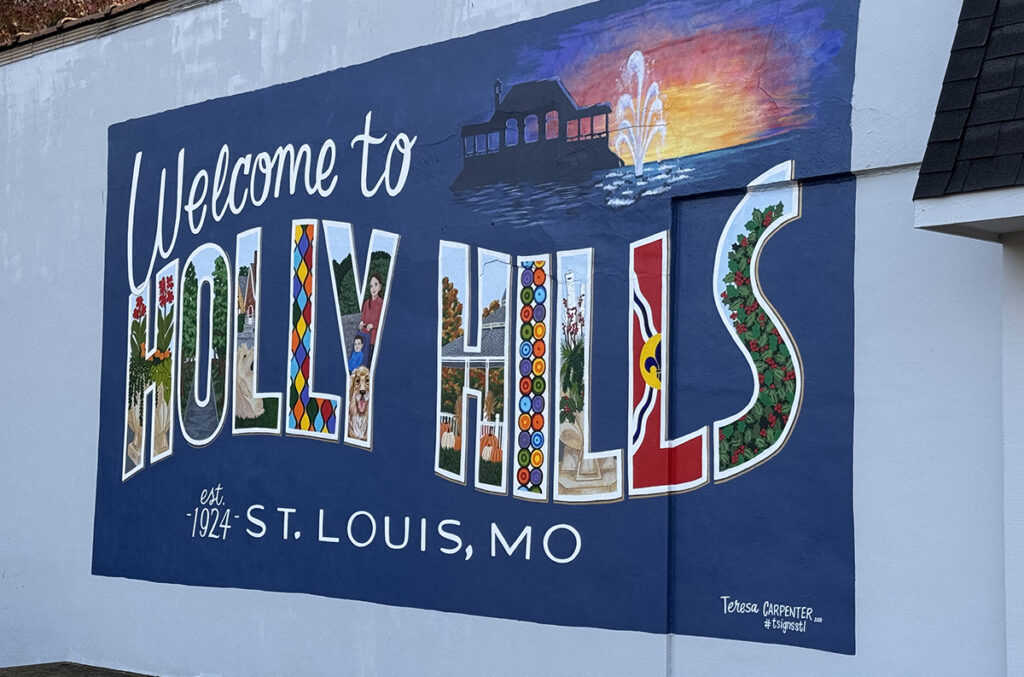
“When I first moved to St. Louis four years ago, one of the first things that struck me was how much character each neighborhood has. The Grove, the Delmar Loop, Old North are among the many neighborhoods with interesting murals and public art projects. In the past few months, small flourishes of art have been popping up around my house in Holly Hills near Carondelet Park. Vibrantly painted fire hydrants, light pole banners and entry markers provide pops of color along the streets, designed to echo the characteristic stained glass of many of the homes in the neighborhood. Two murals have been installed celebrating the history of the neighborhood — one designed as a postcard and the other as a train station — with at least one more to be completed this summer. And plans are in place for sculptures of our newly minted neighborhood mascot Holly the Hedgehog. I love living in a place that uses art to enhance its already friendly and welcoming personality!”
— Katie di Domenico, a PhD candidate in art history in Arts & Sciences
Kemper Art Museum
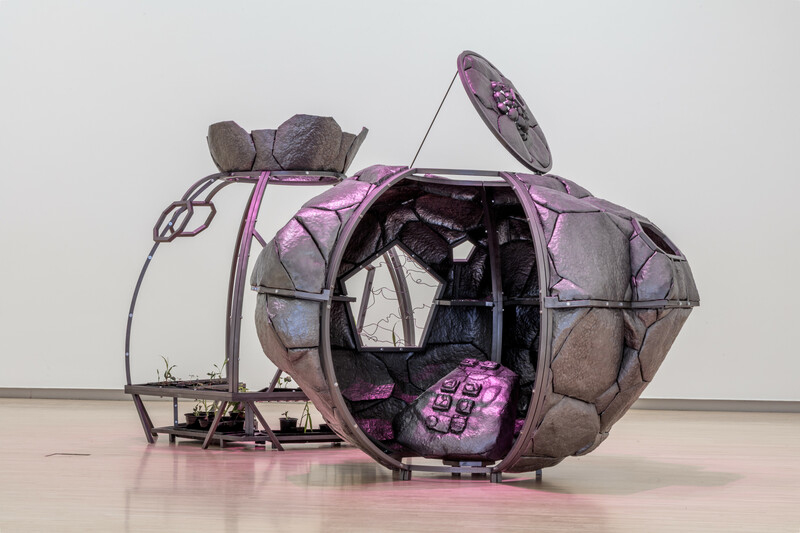
“I’d recommend the Kemper Art Museum, here on the WashU campus. We have a great group exhibition currently on view called ‘Seeds, Containers of a World to Come’ as well as a fantastic permanent collection ranging from the 19th century through global contemporary art. My favorite work on view right now is our Willem de Kooning painting. I also want to shout out the Missouri Botanical Garden’s current exhibition, ‘Smelling the Bouquet: Plants and Scents in the Garden.’”
— Meredith Malone, curator at the Mildred Lane Kemper Art Museum
Mildred Lane Kemper Art Museum, 1 Brookings Drive near the intersection of Skinker and Lindell boulevards. Admission: free
Missouri Botanical Garden, 4344 Shaw Blvd. Admission: $16; $6 for residents of St. Louis and St. Louis County
STNDRD and NON STNDRD
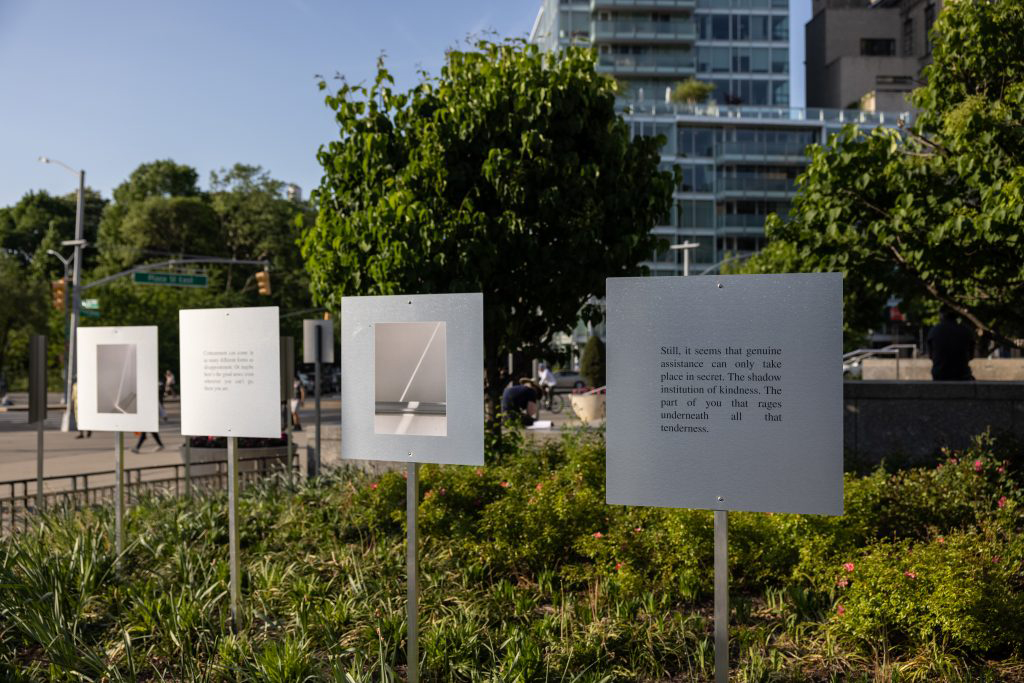
“At both STNDRD and NON STNDRD, we strive to be responsive to the changing needs of artists and our communities. Based within industrial landscapes in the Metro East, our exhibitions feature a diverse group of emerging and established artists. STNRD recently opened ‘Art Outposts,’ an exhibit curated by Purple Window Gallery featuring work by nine artist-run spaces from the Midwest. The show is installed on an outdoor flagpole structure. And from June 28 to Aug. 22, NON STNDRD hosts ‘a different, better self’ by Chloe Bass and ‘Dead Creek Survey’ by Lauren Yeager. Chloe’s work combines text-based signage, found materials and chalk that track time and movement of light within the space. Lauren Yeager is showing a collection of scavenged survey stakes from construction sites that are suspended in the space.”
— Sage Dawson, STNDRD founder and a senior lecturer at the Sam Fox School
STNDRD, 1822 State St., Granite City, Ill.; NON STNDRD, 2300 Falling Springs Road, Sauget, Ill. Admission: free
Pulitzer Arts Foundation
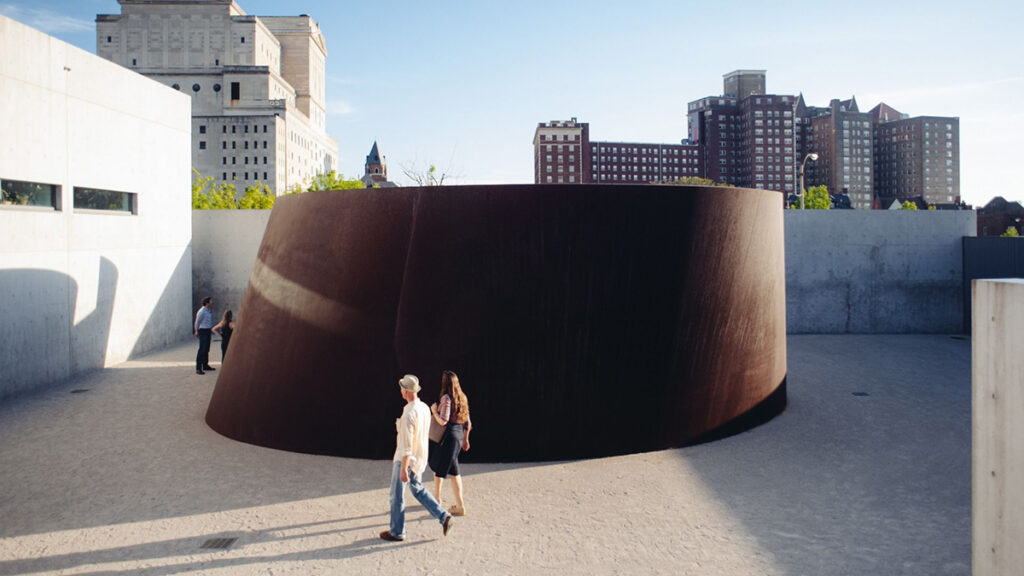
“With its numerous outdoor spaces that provide ample room for contemplation and connection, the Pulitzer is my favorite spot to visit solo or to take visitors to during a St. Louis summer. The water court is a great place to appreciate the sunshine and it provides an excellent photo-op as well. Take a stroll through ‘Joe,’ the Pulitzer’s large outdoor steel sculpture made by artist Richard Serra, and meditate on the connection between earth and sky.”
— Bristol Hough, AB ‘24, annual giving coordinator at the Missouri Historical Society
Pulitzer Arts Foundation, 3716 Washington Blvd. Admission: free
The Griot Museum of Black History
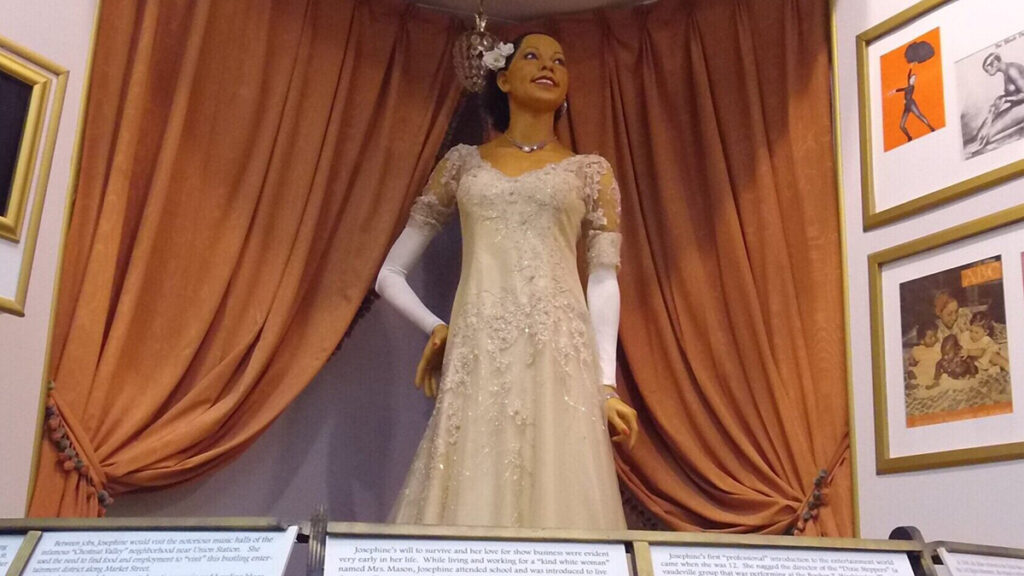
“This summer, I suggest visiting The Griot Museum. As a student, there were not many places suggested by the faculty to go that were not within the bubble of the desired culture around the school. The community should venture out and experience the rest of the city as a whole and recognize the limits prescribed by certain hierarchies and expand those boundaries to see more that is presented culturally in the area.”
— Kahlil Robert Irving, MFA ‘17, artist
The Griot Museum, 2505 St. Louis Ave. Admission: $10, $5 for children
Laumeier Sculpture Park
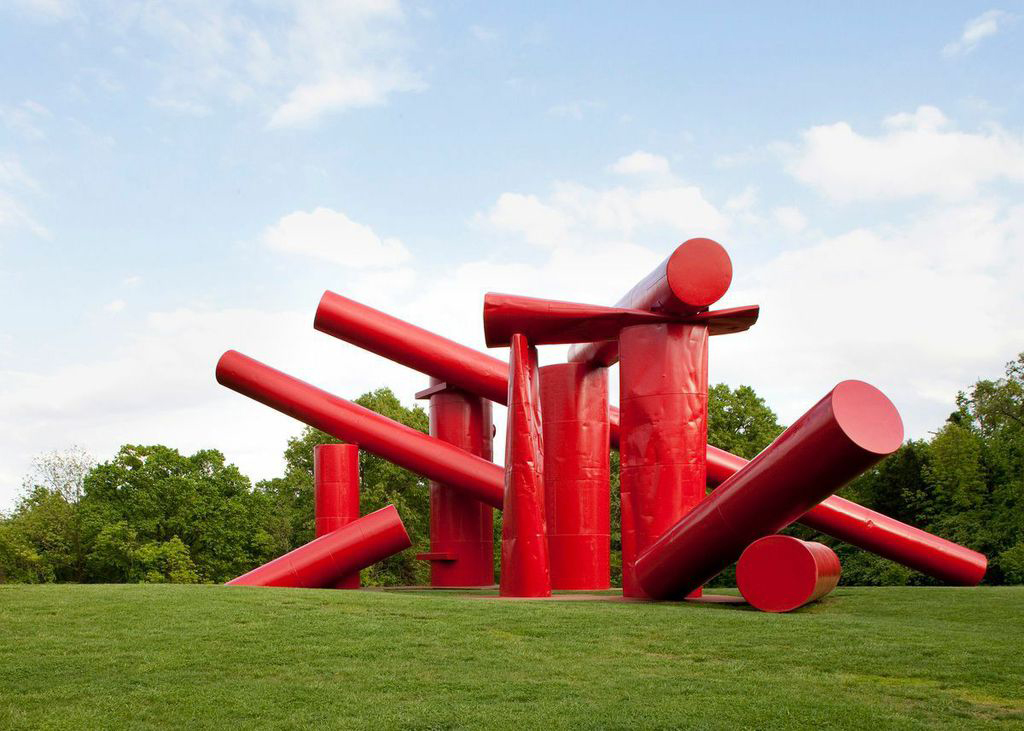
“My favorite place to see art in St. Louis shifts with my mood. When I’m feeling outdoorsy and in need of a light hike, I visit Laumeier Sculpture Park, where I can interact with public sculptures while soaking up the sun and appreciating nature. I also enjoy visiting the Kemper Art Museum and the Millstone Gallery at COCA, both of which are close to my home in University City. And, of course, Bruno David Gallery, where I’m represented, offers a vibrant lens on both local and national talent. I’m especially excited to see ‘Roaring: Art, Fashion, and the Automobile in France’ at the Saint Louis Art Museum, which will make for a perfect summer family outing.”
— Yvonne Osei, MFA ‘16, artist
Laumeier Sculpture Park, 12580 Rott Road. Admission: free
